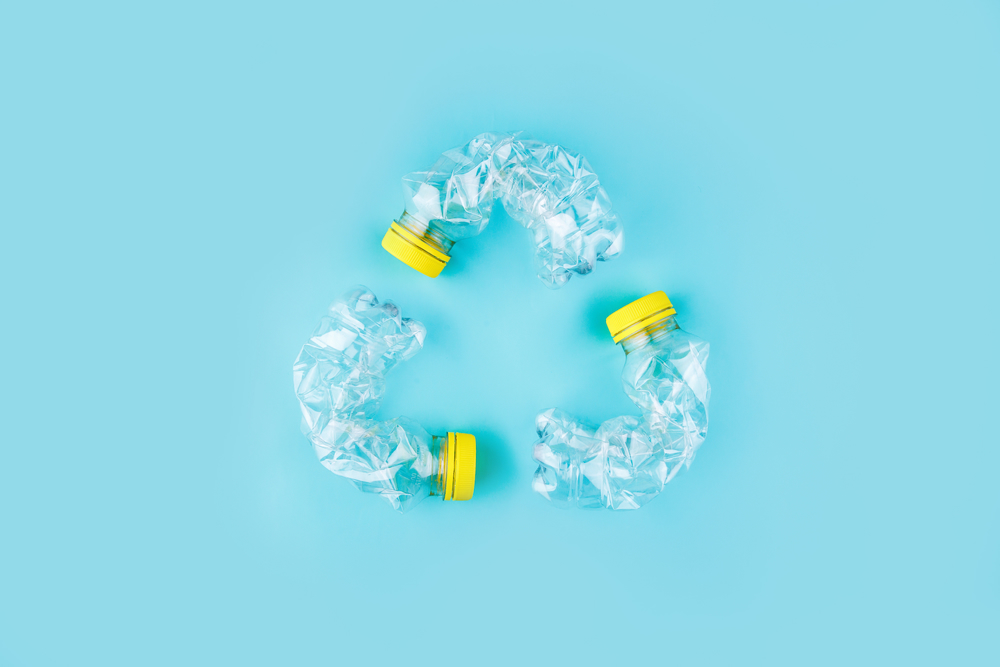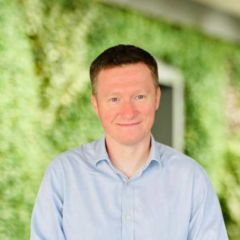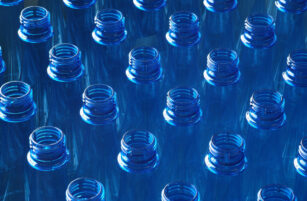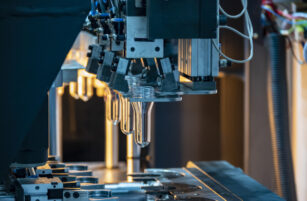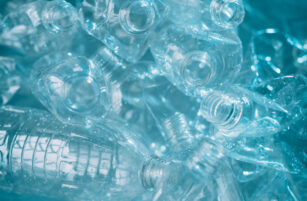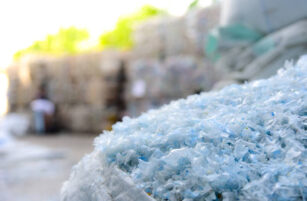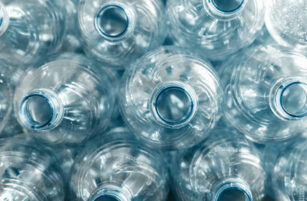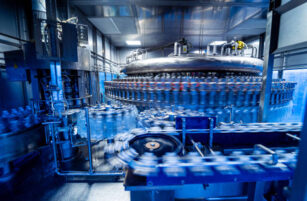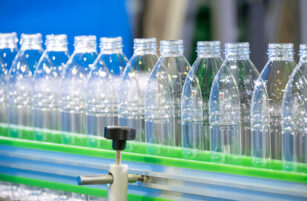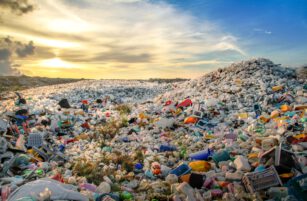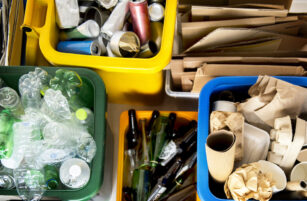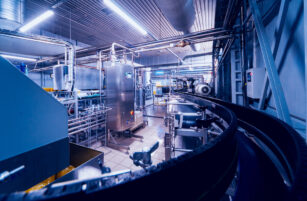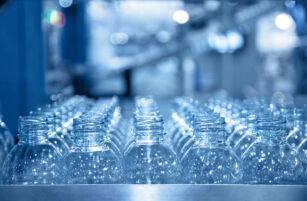Insight Focus
- Bottlers continue to push for 100% despite a slump in overall demand.
- PureCycle completes construction and other new recycling projects announced.
- The US packaging industry faces a period of rapid legislative change.
This Month’s Top Trends
1. Bottlers Reach for 100% rPET Gold Standard
Global food and beverage brands continue to press for that stretch goal of 100% recycled content.
Over the last month several bottlers have launched new products and announced new targets, typically exceeding regional and global commitments:
Coca-Cola has switched all its brands distributed on the Italian market to 100% rPET. This follows similar moves in other European markets, including Switzerland in late 2022.
The move was made possible by the recent start-up of the Coca-Cola Hellenic’s new Gaglianico plant. Previously a bottling plant that had been shut down for the last eight years, the site was renovated and resurrected, incorporating the latest recycling technologies.
The facility is now able to transform up to 30,000 tons of rPET flake into preforms and ultimately bottles per year for the Italian market.
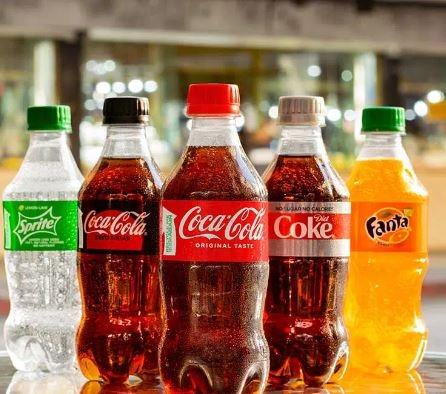
On the other side of the pond, Coca-Cola continues to make strides in transforming the US market. Last month Coca-Cola Beverages Northeast introduced new 20 oz 100% rPET bottles throughout New England and upstate New York.
This follows hot on the heels of other US Coca-Cola bottlers, including Coca-Cola Southwest Beverages (CCSWB), one of the largest US bottlers of Coca-Cola products that last year rolled out bottles of DASANI and Coca-Cola brands made entirely from 100% rPET.
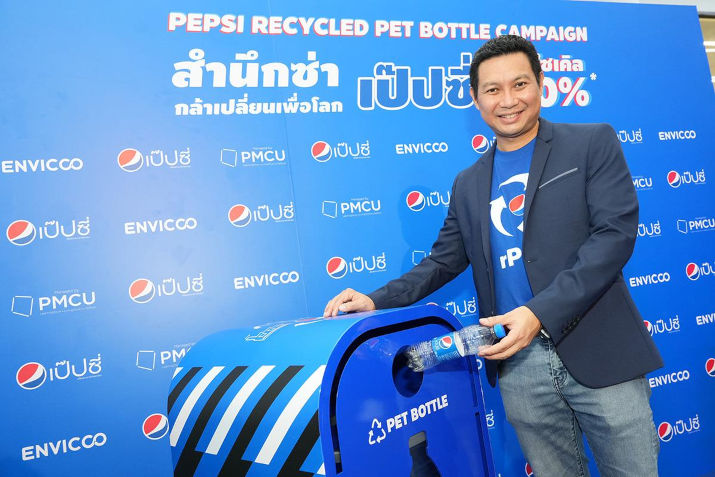
In April, Suntory Pepsi became first soft drinks player in Thailand to launch a 100% rPET bottle. The move takes advantage of the recent approval of rPET for food contact applications by the Thai FDA, and certification of rPET material from ENVICCO, a JV between PTT Global Chemical and ALPLA.
Suntory Pepsi is currently rolling out the new bottles for its 550 ml Pepsi and Pepsi No Sugar formats, with the intention for other drinks to follow suit.
As was the case in Thailand, regulatory approval is key to developing the rPET market, last month Pakistan’s Punjab Food Authority (PFA) authorised the use of food-grade PCR rPET by “a number of beverage companies”. The aim is for local bottlers to initially incorporate around 4% recycled content into new bottles, increasing to 50% by 2030.
The PFA will also set up a new testing facility with beverage companies required to conduct laboratory analysis of rPET bottles every three months and submit a quarterly report to the regulatory body to ensure food-contact standards are met.
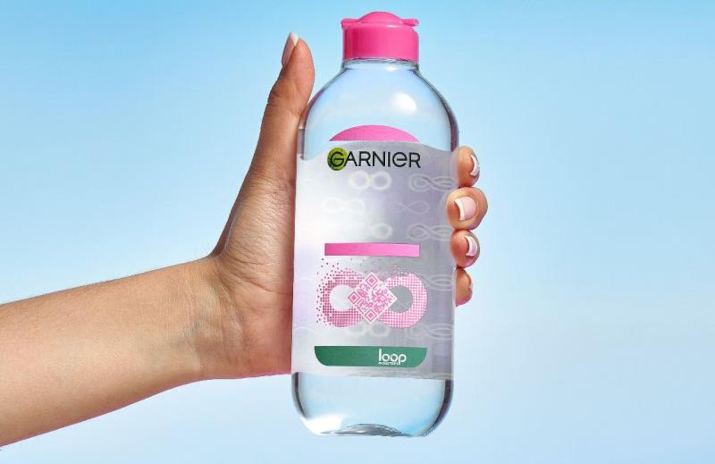
And it’s not just soft drinks that have upped the ante, Garnier has launched a limited edition rPET bottle for a cleanser beauty product, in the US and France.
The bottle contains rPET from Loop Industries, which uses a depolymerisation technology to convert previously unrecyclable PET waste into a food-grade rPET resin.
According to Garnier, the company replaced 12,200 tons of virgin plastic in 2021 using recycled plastic.
2. Latest Plastics Recycling Projects from Around the World
The recycling industry continues to build for the future, with May seeing a range of break-through announcements around the world:
Loop Industries featured again in news over the last month, as SK Geocentric, a chemical unit under South Korea’s SK Group announced plans to build a new plastic recycling factory in Korea utilising Loop’s depolymerisation technology. The proposed 70kta plant to be built in Ulsan will be a JV venture between the two companies, who intend to bring it on-stream by 2025.
PureCycle completed construction of its flagship PP recycling plant in Ironton, OH, and are expected to begin initial pellet production later in Q2 this year.
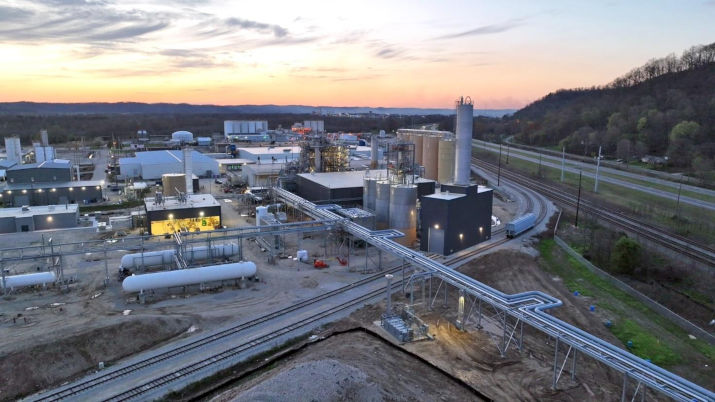
The company aims to produce up to 107 million pounds (48.5k tonnes) of its Ultra-Pure Recycled (UPR) resin at the Ohio annually. PureCycle has also begun construction of a recycling facility in Augusta, GA, and recently announced plans to build plants in Belgium and South Korea, the latter in partnership with SK Geocentric.
California recycling company Verdeco are planning a move to Greenville, South Carolina, shifting their HQ to the city and opening an innovation and manufacturing centre, which is targeted to be operational by June 2023. According to Company, “The new Verdeco facility will initially add an additional 90 million pounds of rPET capacity to the recently completed new equipment upgrades at our current locations in California and Indiana, which combined are designed to deliver 120 million pounds of capacity.”
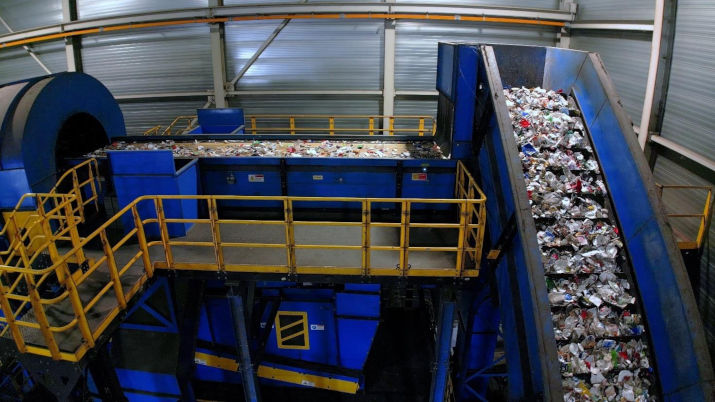
Whilst Dutch recycler Morssinkhof-Plastics announced construction of a new recycling plant in Lommel, Belgium. The EUR 30 mn production facility is scheduled to begin operation in October 2024 and is projected to have a recycling capacity of up to 40,000 tonnes regranulate.
The plant will recycle post-consumer polypropylene (PP) and high-density polyethylene (HDPE) packaging from household waste, including milk, shampoo, detergent, and shower gel bottles. Morssinkhof-Rymoplast now operates 10 recycling plants in Europe.
3. US Packaging Industry Faces Rapid Legislative Change
Following Joe Biden’s and his administration’s recently announced goal to replace 90% of plastics with biomaterials within the next 20 years, lawmakers in California are considering a bill to set a 15% non-binding goal for bio-based content in beverage bottles by 2030.
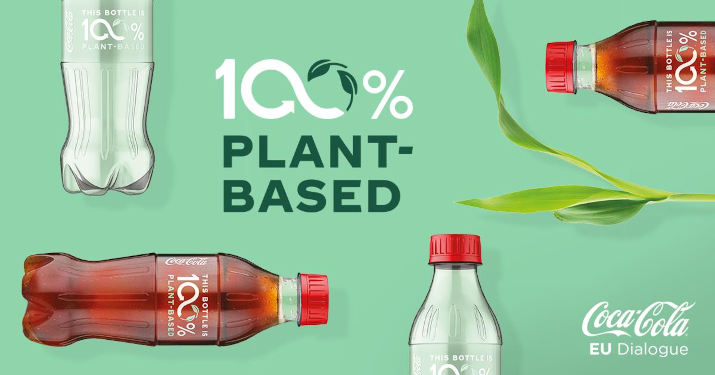
The proposed target would be voluntary with bottlers receiving a discount on EPR fees if they achieve the goal. However, the bioplastic must be made from agricultural waste, not from food crops.
The potential bill follows California’s 2020 recycled-content mandate that requires 50% recycled plastic use by 2030, ramping up from 15% now.
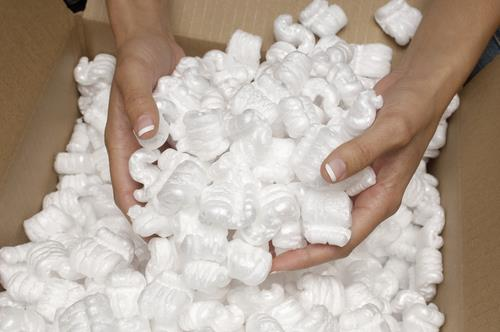
Whilst in Oregon, the State Legislature passed two measures on April 26 aimed at controlling plastic waste. The first of these included a ban on expanded polystyrene (EPS) foodservice products prohibiting food vendors from offering polystyrene foam food containers. The bill also bans the use of EPS packing peanuts.
The second bill aimed at boosting reusable packaging will allow customers to use their own containers to take home restaurant leftovers.
Oregon is the 10th US state to pass EPS restrictions. Oregon’s EPS ban comes after the Illinois Legislature passed an EPS foodservice product ban in March, which now awaits passage through the state Senate.
Later this year, Oregon is also expected to implement its recycling modernization act, which includes extended producer responsibility (EPR) principles, among other changes.
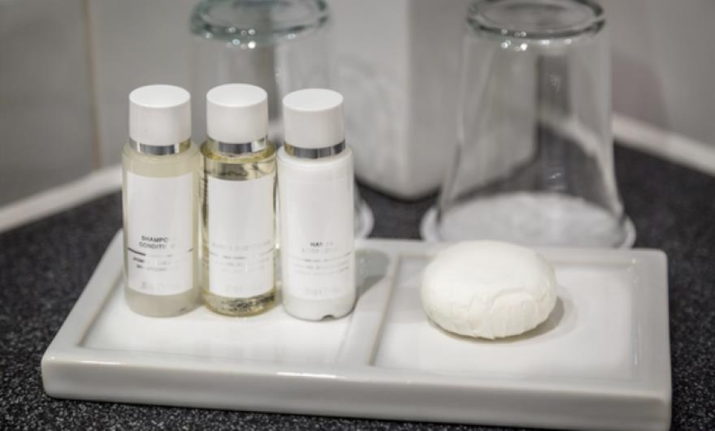
Whilst one state over, in Washington state, legislators passed its own bill aimed at reducing plastic pollution (House Bill 1085 (HB 1085)) on 8 April.
The Washington State bill requires that:
- New buildings be constructed with water fountains and bottle refill stations
- Small plastic containers, wrappers, and packaging for personal care items like shampoo or soap be phased out by hotels.
- And a ban on soft film-wrapped marine floats and docks, and a study on hard-shell foam filled versions.
